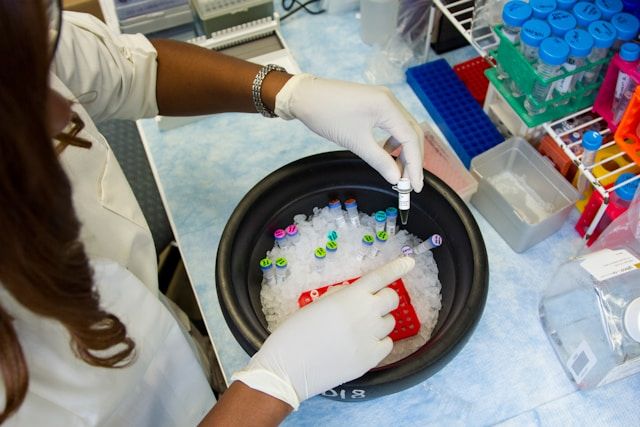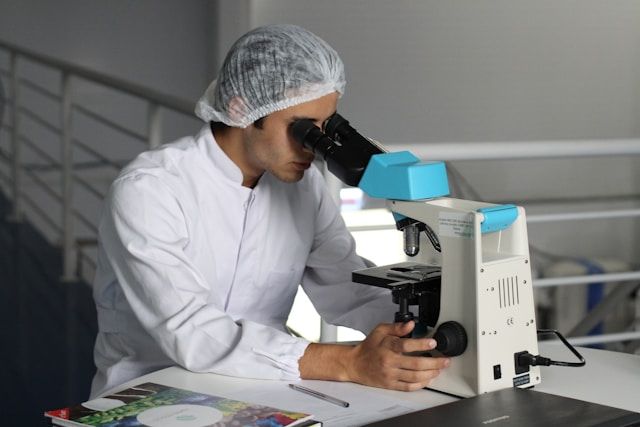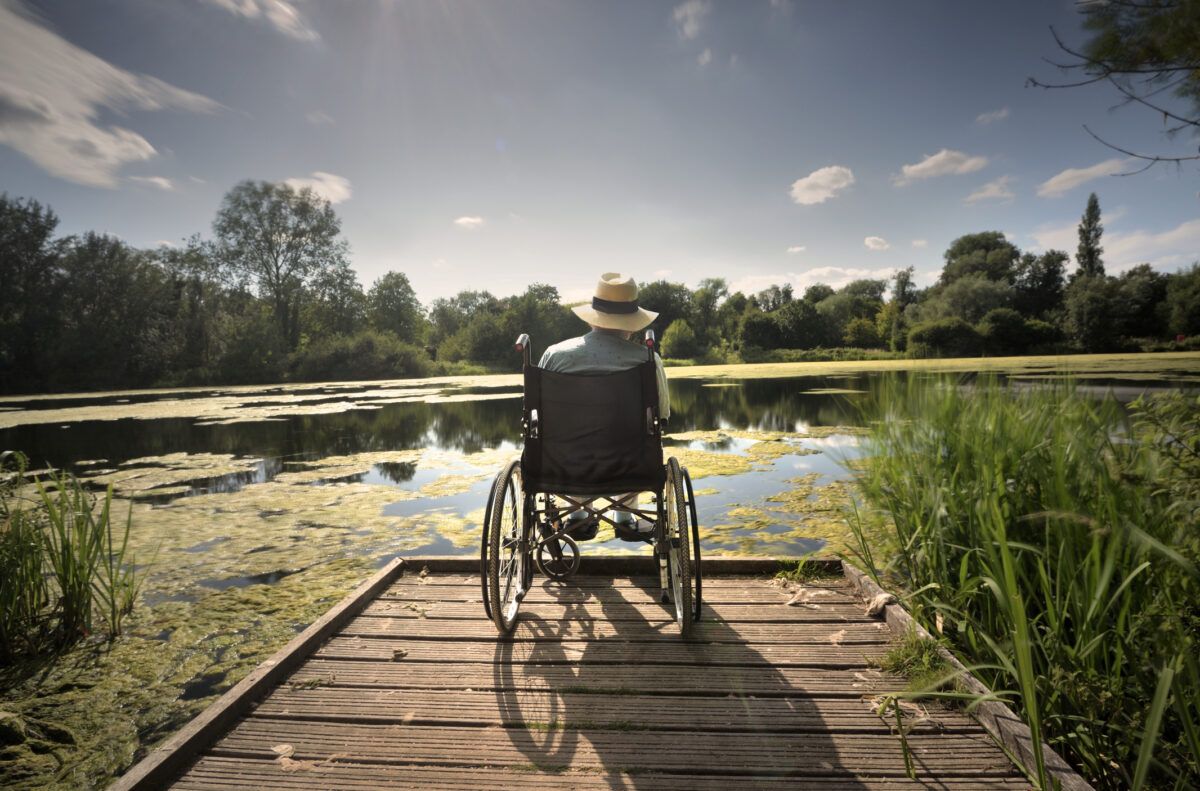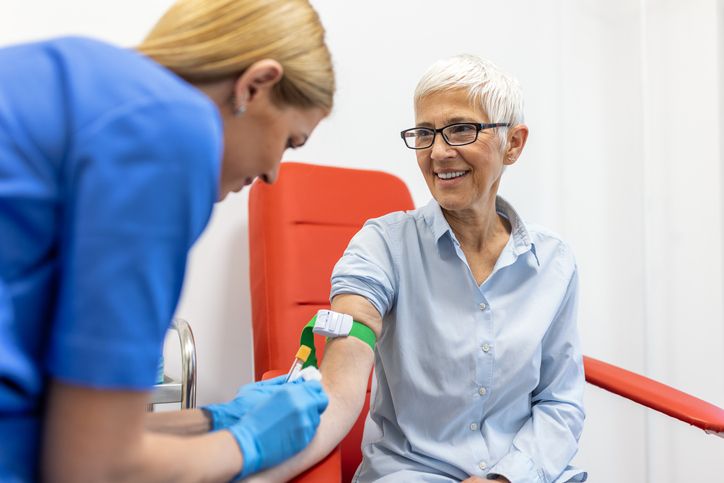Written by Being Patient
There are a few new drugs out there that can actually slow down Alzheimer’s disease. But, by the time around half of Americans get their diagnosis, it’s too late to intervene. Scientists hope a simple new kind of test could make it possible to catch Alzheimer’s while there’s still time to treat it.
What if the secret to an early diagnosis is being flushed down the toilet?
Certain bacteria found in feces could be the earliest predictors of Alzheimer’s disease. The bacteria and other fecal microbes provide a snapshot of the gut microbiome — the trillions of fungi, bacteria, and viruses living in the colon that are important for gut and immune health.
Researchers like Gautam Dantas, a Washington University School of Medicine professor, believe that microbiome testing could one day be a promising screening tool for doctors.
Is the first sign of Alzheimer’s disease in the feces?
The gut microbiome changes and evolves throughout life. Several studies have compared the microbiomes of healthy adults with those who have dementia, finding unique bacterial signatures in each group.
Dantas and colleagues were the first researchers to study people at risk of Alzheimer’s disease based on family history or genetics, using a cerebrospinal fluid test and brain imaging to look for Alzheimer’s disease biomarkers. Their study included 164 older adults with 49 participants in early-stage Alzheimer’s disease.
“In those [at-risk] individuals compared to healthy controls, we saw these differences in the microbiome,” he told Being Patient, adding that they appeared before beta-amyloid or tau proteins in the brain.
Dantas thinks that with more research and development, this could eventually become a screening tool for patients. The ease of the stool test could allow people at high risk to be tested more frequently.
Looking to gut bacteria for Alzheimer’s clues
Dantas and his colleagues are planning a larger study to see how well microbial signatures predict Alzheimer’s disease and cognitive symptoms. This study will involve tracking a large group of patients for five years, taking several fecal samples along the way.
They will also be examining gut bacteria to see what chemical signals they might send or receive from the brain.
This study could also help scientists answer why some people who develop beta-amyloid and tau biomarkers never develop Alzheimer’s. Dantas aims to understand if those people have special features in their microbiome that might be contributing to the suppression of the symptoms.
Even though the research is promising, Dantas and other scientists say that fecal tests that screen for Alzheimer’s may still be a ways away.






















